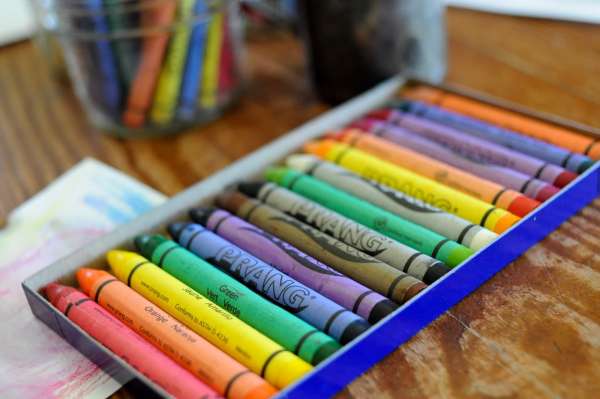Agriculture in print: soy ink
How do we replace non-renewable resources with renewable resources in high-use products like inks?
Create ink recipes and test the formulas. Ink is basically pigment mixed in a liquid that will not blur when put on paper. Inks made with soybean oil are made from a renewable resource, are much more biodegradable, and print with brighter colors that don’t rub off. This activity is one of several from a 4H Agriscience Biotechnology Series. See teacher background →
# Testing Soy Ink
Recipes for two paints and soy inks are used to test the formulas. Observation log can be used to record data and suggest improvements for recipes.
Files
Teacher background
To make soy ink, soybean oil is slightly refined and then blended with pigment, resins and waxes. Soybean oil is naturally clearer than petroleum oils, making it easier to obtain brightly colored ink. Since the oil is clearer, less pigment is necessary to produce the same effect. In addition to a brighter ink, printers report that they need less ink to print the same amount of paper when compared to petroleum inks.
Next gen science standards
Science and engineering practices
Crosscutting concepts
- Scale, proportion, and quantity
Disciplinary core ideas/content
- ESS3A Natural resources
- ETS2 Links among Engineering, technology, science and society
- ETS2A Interdependence of science, engineering and technology
- ETS2B Influence of engineering, technology and science on society and the natural world





Share this